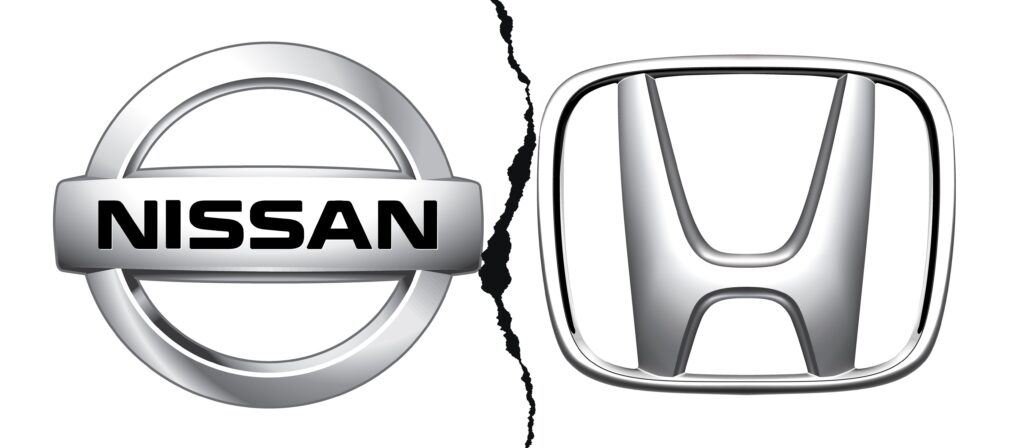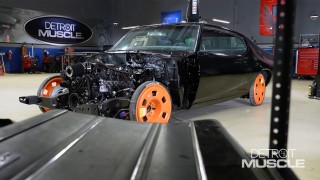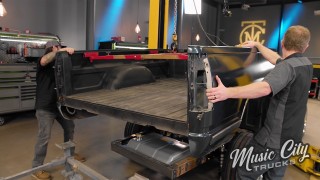Nissan Shuts Down Honda Merger Talks: What It Means for the Automotive Industry

The world of automakers is always full of surprises, but one recent move has caught a lot of attention—Nissan turning down a potential merger with Honda. While mergers between major automakers aren’t unheard of, this particular one would have reshaped the Japanese automotive industry. However, Nissan wasn’t on board, and here’s why.
Table of Contents
The Merger That Almost Happened
Honda and Nissan are two of Japan’s biggest car manufacturers, each with its own strengths. Honda has a solid reputation for its engineering, particularly in engines and motorcycles, while Nissan has built its brand around innovation, electrification, and high-performance vehicles. On paper, a merger could have combined Honda’s precision engineering with Nissan’s global strategy, leading to a powerhouse of a company.
However, Nissan rejected the proposal outright, making it clear that it wants to continue operating independently. This decision comes at a time when many automakers are forming alliances to survive the changing industry landscape, especially with the massive shift toward electric vehicles (EVs) and stricter global emissions regulations.
Why Did Nissan Say No?
Nissan’s decision to walk away from a potential merger with Honda wasn’t made on a whim. There are a few key reasons why the brand decided to go solo.
- Alliance with Renault and Mitsubishi – Nissan already has a strong partnership with Renault and Mitsubishi under the Renault-Nissan-Mitsubishi Alliance. This collaboration has allowed Nissan to share resources, technology, and production strategies without giving up its independence. Adding Honda to the mix could have complicated things and disrupted an already-established alliance.
- Cultural and Strategic Differences – While both companies are Japanese, their corporate cultures and long-term strategies are different. Honda has always been an independent brand, thriving on its own research and development efforts. Nissan, on the other hand, has navigated financial ups and downs through partnerships like the one with Renault. Bringing these two together might have created more internal struggles than benefits.
- Competition vs. Cooperation – Nissan and Honda have been rivals for decades, competing in key market segments like sedans, performance cars, and crossovers. A merger could have forced the companies to consolidate their product lines, potentially leading to the discontinuation of fan-favorite models. Neither company wants to alienate its loyal customer base by axing popular vehicles just to streamline production.
- Electrification Plans – Both companies are pushing hard in the EV space, but they have different approaches. Nissan is heavily invested in solid-state battery technology, while Honda has partnerships with General Motors for its Ultium battery development. A merger would have required aligning these different EV strategies, which may not have been ideal for either brand.
What This Means for the Industry
With Nissan rejecting the merger, Honda remains on its independent path while Nissan continues with its alliance strategy. However, this doesn’t mean we won’t see collaborations between the two in the future. In an industry where technological advancements require massive investments, there’s always a possibility of partnerships in areas like EVs, battery tech, or autonomous driving.
For enthusiasts, this decision keeps the competition alive. Nissan’s Z and GT-R models will continue to rival Honda’s Type R performance machines, while their sedan and SUV lineups will keep pushing each other forward.
In the grand scheme of things, Nissan staying independent is a sign that the brand is confident in its future. While other automakers look to mergers and acquisitions to stay afloat, Nissan believes it has the right strategy to evolve on its own terms.
The Road Ahead: Nissan’s Bold Stand and What Comes Next
While a Nissan-Honda merger could have changed the industry, Nissan’s refusal keeps both brands on their distinct paths. For now, fans of both companies can rest assured that their favorite brands will continue building cars with their own unique DNA. In the ever-evolving world of automobiles, one thing is for sure—competition breeds innovation, and that’s always a win for gearheads.
Would you have liked to see a Nissan-Honda merger happen? Head to our Facebook or Instagram page and let us know your thoughts!









